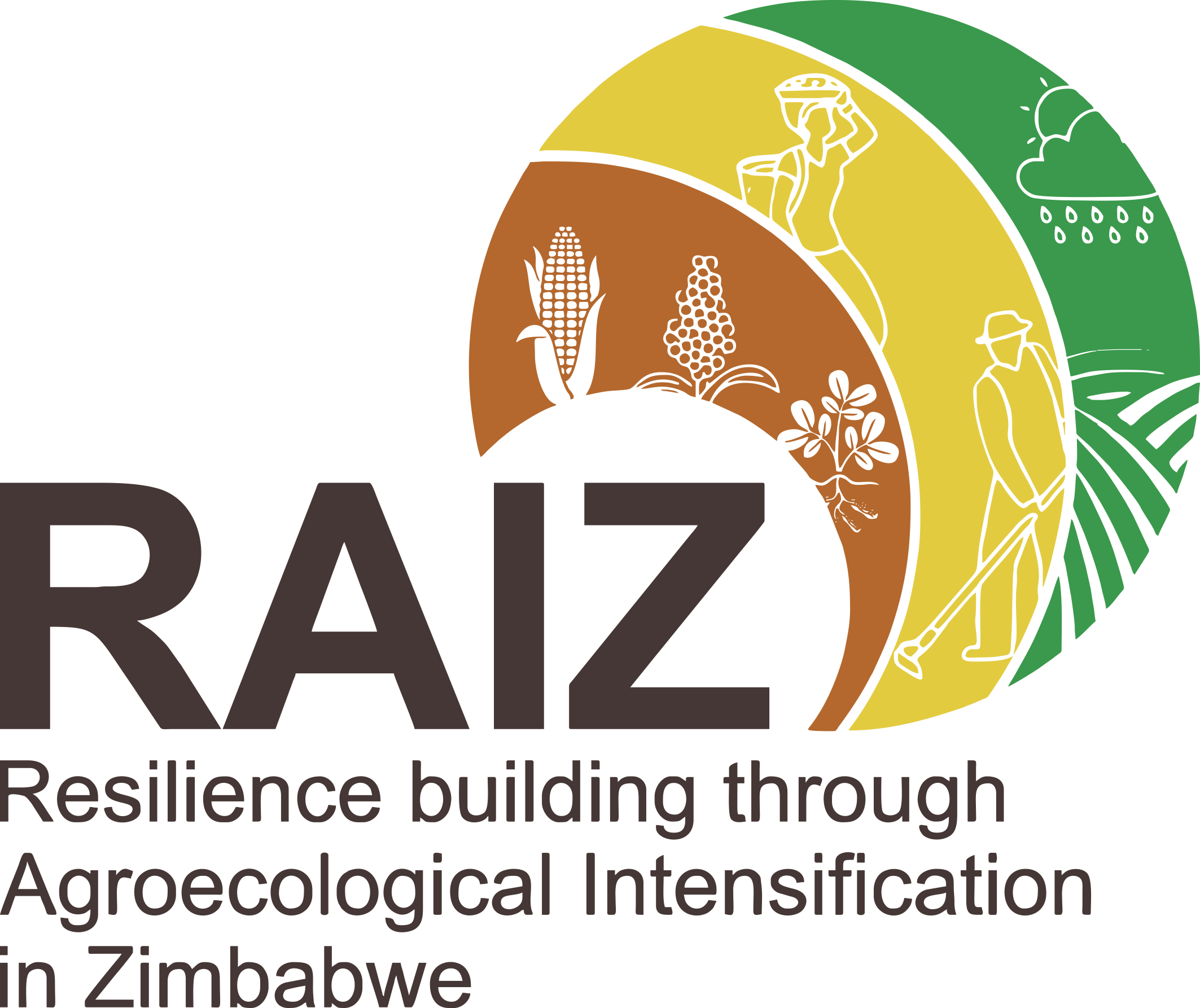The use of Climatic Information Services (CIS) to support smallholder farmers’ transition to agroecological farming under climate change.
Research question
- How can CIS be used to support farmers in their transition to more agroecological and more climate change resilient farming systems?
General context
In southern Africa, climate change (CC) scenarios predict an increase in both temperature and the occurrence of extreme events such as floods or droughts (Niang et al., 2014). Climate variability and change is one of the leading factors causing reduced productivity especially in rain fed smallholder farming systems. Resilience building methods that promote sustainable farming practices such as agroecology present ways in which farmers can buffer some of the devasting effects of CC. The shift to these climate adaptation practices requires support tools for farmers to make informed decisions. Climatic information services (CIS) can then assist smallholders to implement climate smart farming techniques and strengthen their resilience.
Importance of the research question
Transitioning to a more agroecological agriculture is often mentioned as a promising pathway to improve the resilience of farming systems under CC (Altieri et al., 2015). Agroecological farmers usually use a range of bioindicators (e.g. indicators of plant well-being, level of infestation by beneficial or pest organisms) when piloting their cropping and livestock systems. Due to CC, these agroecosystems are changing fast. CIS can then assist smallholder farmers practicing agroecological farming systems to better adapt to climate change. In a recent literature review, Tall et al., (2018) noted that very little scientific evidence actually demonstrates the effectiveness of climate services for African farmers. Hence there is need to assess the accessibility, user needs, and impact of using CIS especially with regards to agroecological farming systems. In addition, there is need to understand how indigenous knowledge systems of climate forecasting can be integrated with scientific forecasting and dissemination.

Rejoice Shumirai NYONI
PhD Student
Duration
2022-2025
Location
Murehwa District
Supervision
Supervisor – ANDRIEU Nadine (CIRAD)
Co-supervisor – BRUELLE Guillaume (CIRAD)
Thesis committee – CORBEELS Marc (CIRAD); HOSSARD Laure
(INRAE); CHIKOWO Regis (University of Zimbabwe)
Biography
Rejoice Nyoni is passionate about developing improved techniques in farming systems for smallholder farmers that aim at increasing productivity and building resilience towards climate change. She has a background in crop science and plant breeding having obtained a BSc Honors in Crop Science and a MSc Crop Science (Plant Breeding) at the University of Zimbabwe.
